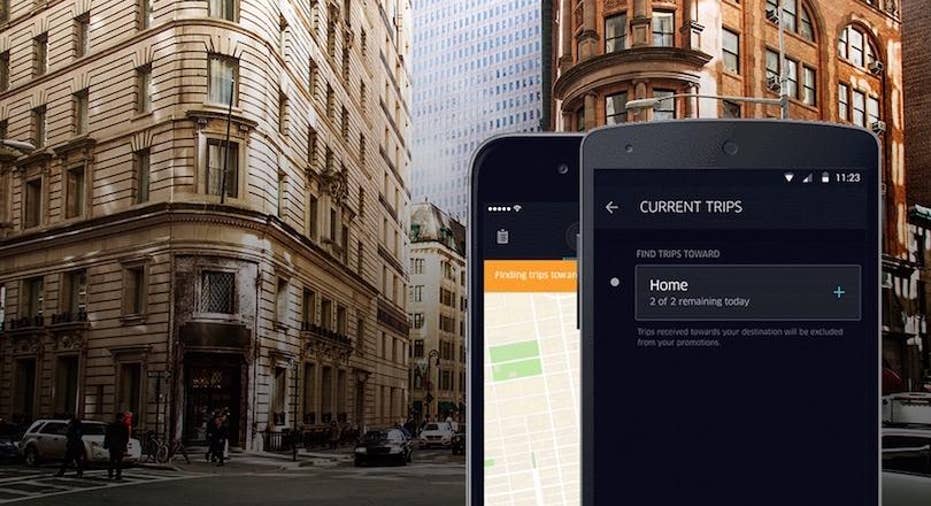Uber, Lyft Drivers Criticized for 'Pattern of Racial Discrimination'

Trying to get an Uber or Lyft while black? You might have to wait longer than your white friends, a new study finds.
The study—from researchers at the MIT Sloan School of Management, Stanford University, and the University of Washington—uncovered "a pattern of racial discrimination by drivers using the Uber and Lyft."
During the study, research assistants ordered, waited for, and took more than 1,400 rides in Seattle and Boston, primarily with the two aforementioned ride-hailing apps. Researchers randomly selected times, dates, routes, and riders — some of whom were black, some white — and monitored various performance metrics at each stage of the trip.
In Seattle, the experiment found that African Americans waited up to 35 percent longer for a ride than their white peers.
In Boston, the experiment revealed "more frequent cancellations against passengers when they used African American-sounding names," the researchers said. Riders were dropped twice as often when they used African-American sounding names, compared to when the same people used white-sounding names.
"The patterns of discrimination were quite clear and consistent in both cities — and one can only assume it's happening all across the country in other markets," Christopher R. Knittel, one of the study's authors and a professor at the MIT Sloan School of management, said in a statement. "The study has found major areas of racial discrimination within this new industry. It's quite concerning."
In a statement, Lyft spokesman Adrian Durbin pushed back at the study's findings.
"We are extremely proud of the positive impact Lyft has on communities of color," Durbin said. "Because of Lyft, people living in underserved areas — which taxis have historically neglected — are now able to access convenient, affordable rides. We provide this service while maintaining an inclusive and welcoming community, and do not tolerate any form of discrimination."
Durbin pointed out that the Boston study found no evidence of discrimination by Lyft drivers, and in Seattle, the only evidence was a 4-second increase in the time it took for black passengers to have a ride accepted.
The researchers, however, predicted there wouldn't be a huge difference in the cancellation rates for passengers with black versus white-sounding names on Lyft since drivers on the platform don't need to accept a ride before they can cancel, as is the case on Uber. On Lyft, "they can simply discriminate up front," the study says.
Uber's Head of North American Operations, Racheal Hot, said in a statement that "ridesharing apps are changing a transportation status quo that has been unequal for generations, making it easier and more affordable for people to get around — no matter who they are or where they live.
"Discrimination has no place in society, and no place on Uber," Holt added. "We believe Uber is helping reduce transportation inequities across the board, but studies like this one are helpful in thinking about how we can do even more."
To reduce discrimination, the researchers recommended these companies increase penalties for drivers declining or canceling trips and audit drivers' pickup and cancellation records for indications of bias. The researchers also pointed out, however, that discrimination among transportation network companies like Lyft and Uber "is not necessarily worse than the current taxi system." In the Seattle experiment, they also documented racial discrimination among traditional taxis.
This article originally appeared on PCMag.com.



















